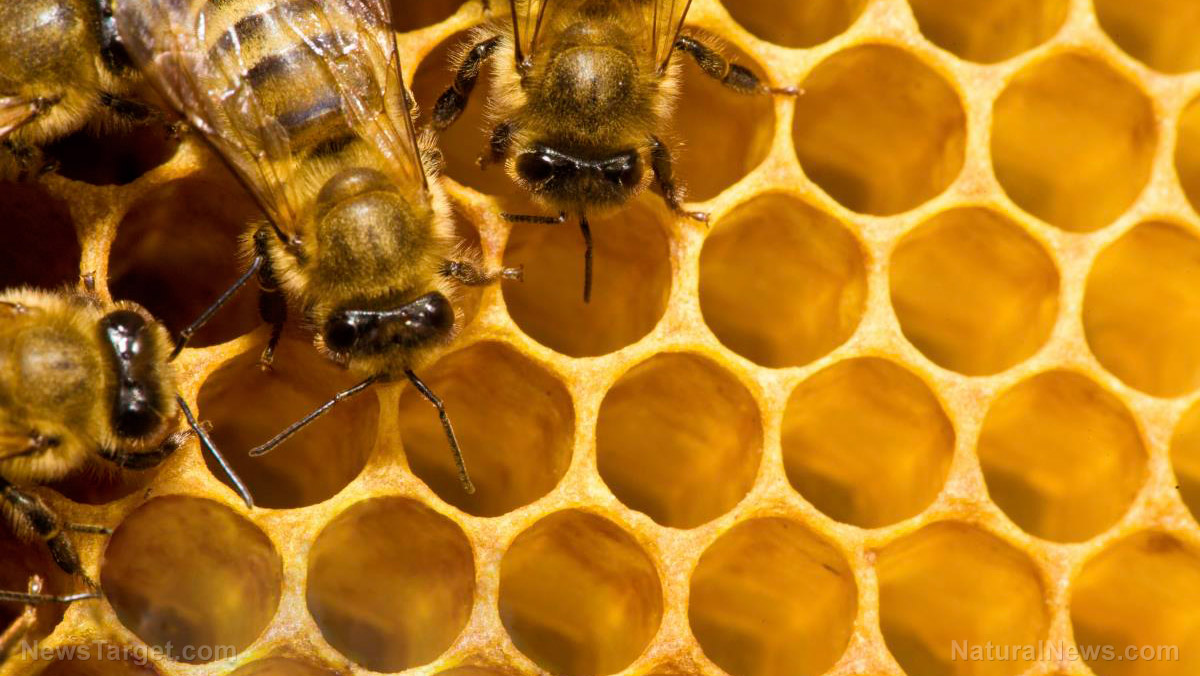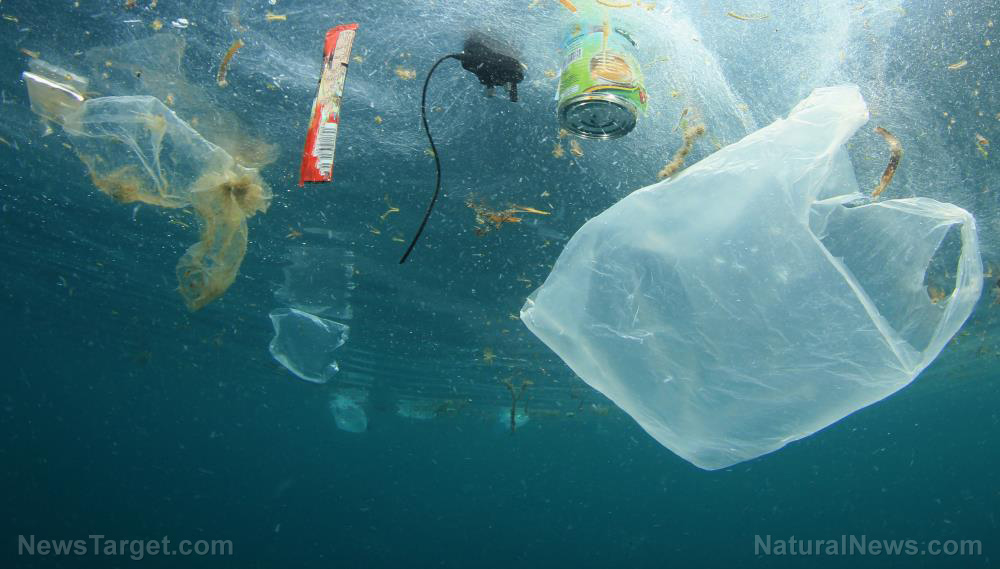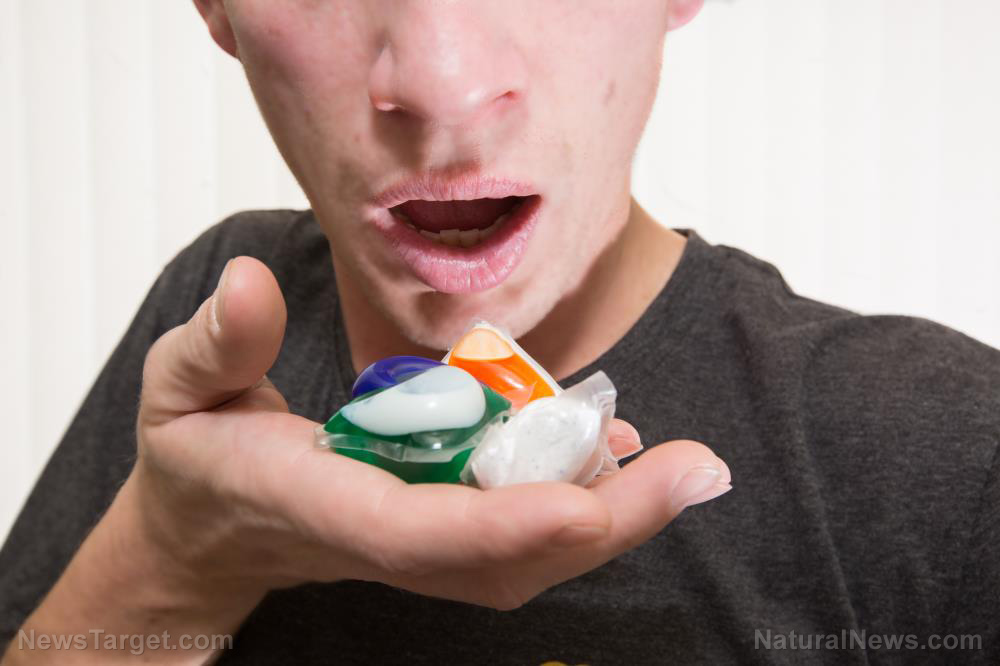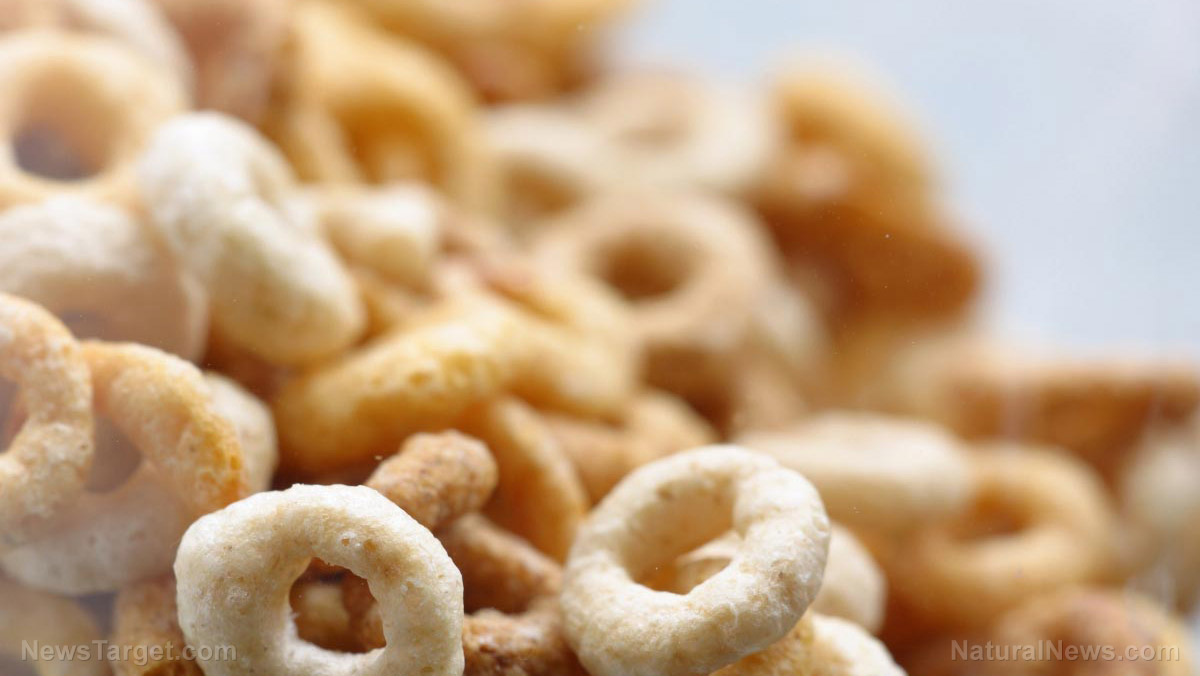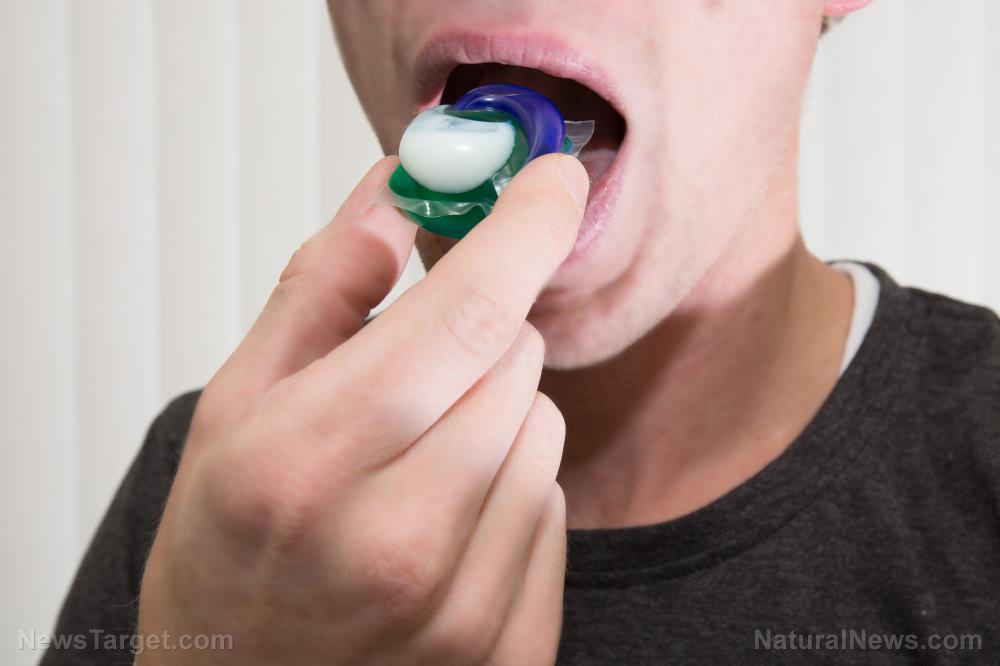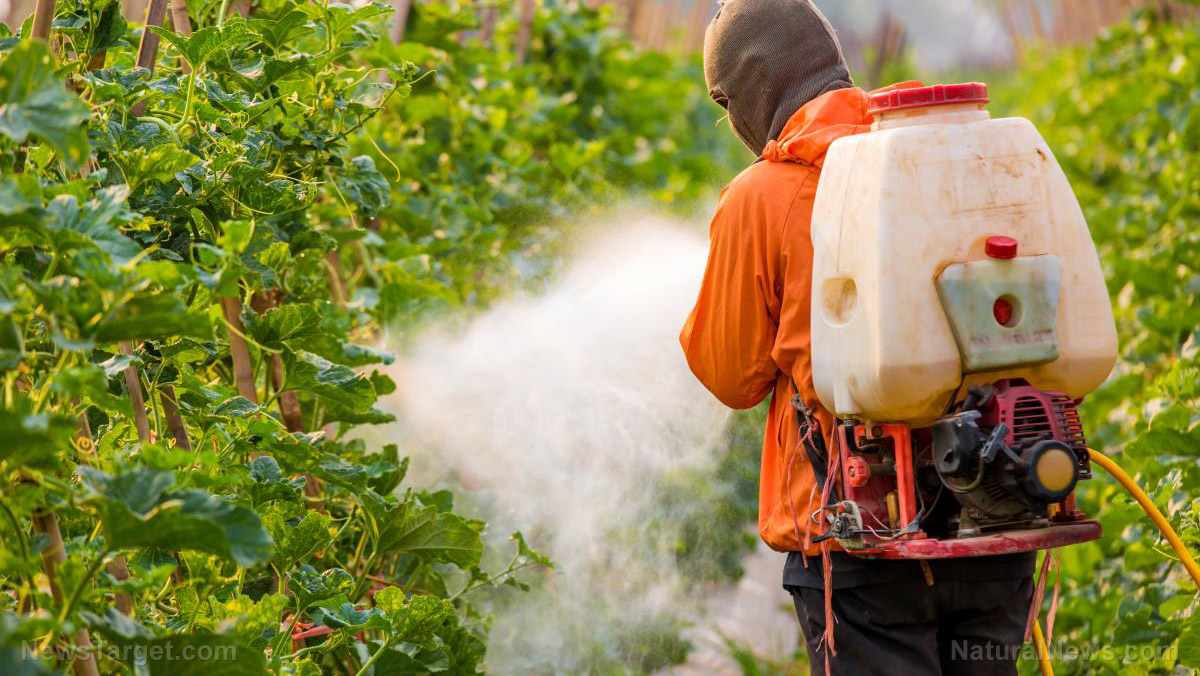Exposure to pesticides linked to elevated blood pressure, says study
12/17/2019 / By Evangelyn Rodriguez
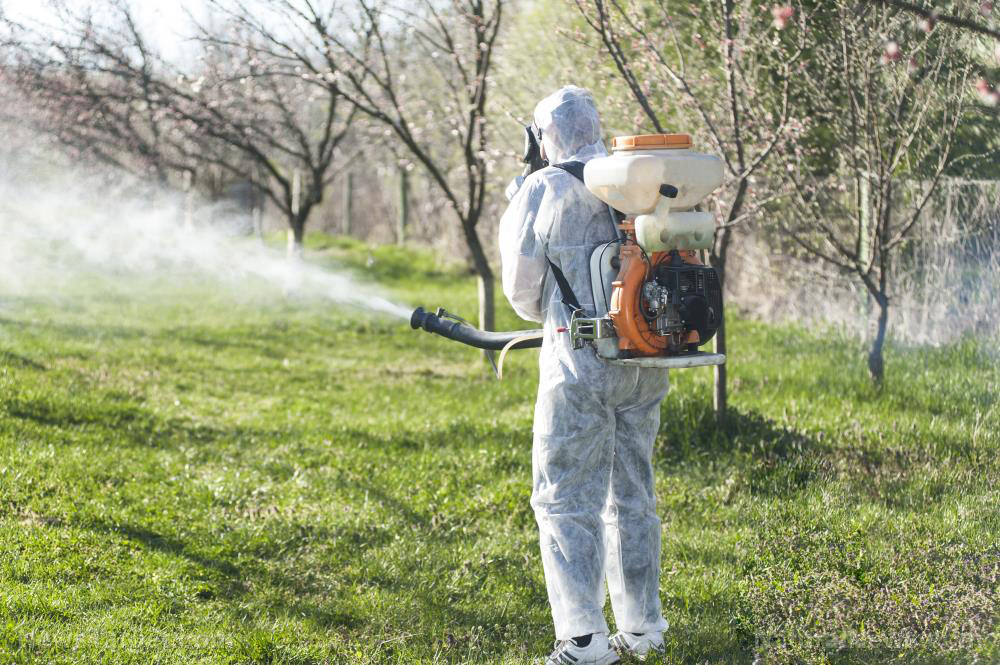
Hypertension or high blood pressure is a common condition linked to heart disease. It is determined by the volume of blood your heart pumps and the amount of resistance to blood flow in your arteries. When the arteries narrows but the amount of blood the heart pumps remains the same, the resulting force exerted against the walls of the arteries can be damaging to your blood vessels. Over time, this can affect the heart and cause irreversible conditions such as coronary artery disease and heart failure.
There are plenty of risk factors for hypertension. These include age, family history, physical inactivity, smoking, drinking, stress, a high-sodium, low-potassium diet and obesity. However, scientists have recently found another cause of hypertension which also affects children. In a study published in the journal Environmental Research, researchers from the University of California, San Diego and the University of Minnesota School of Public Health reported that exposure to agricultural pesticides increases blood pressure. Upon examining children who live in agricultural communities a few months after the Mother’s Day harvest, they found that the heightened agricultural production period not only increased the children’s pesticide exposure, it also increased their likelihood of developing juvenile hypertension.
The link between pesticide exposure and high blood pressure
Agricultural pesticide spray periods increase pesticide exposure for children living near agricultural fields. Research shows that pesticides have an adverse effect on children’s health. According to epidemiological studies, exposure to persistent organic pollutants (POPs) is linked to increased blood pressure. POPs, most notably organochlorine pesticides, have been found to increase the prevalence of hypertension-related diseases, such as the metabolic syndrome, obesity and cardiovascular disease.
Organochlorine pesticides are chlorinated hydrocarbon derivatives widely used in the chemical industry and in agriculture. These synthetic pesticides are highly toxic but are slow to degrade and known to accumulate in biological systems. Despite many developed countries banning the use of organochlorine pesticides, the use of these toxic agents still continues and has reportedly increased in recent years. Organochlorine pollutants can contaminate soil, air, water and food. Exposure to these chemicals has been linked to endocrine problems, neurotoxicity, prostate cancer, Parkinson’s disease, thyroid disorders, multiple sclerosis, hypertension and Type 2 diabetes.
To examine the association of time following a heightened agricultural production period — the Mother’s Day flower harvest in May — with children’s blood pressure, the researchers gathered cross-sectional information from 313 children (aged 4-9) living in Ecuadorian agricultural communities. They conducted their examination during a period of low flower production but within 63-100 days following the Mother’s Day harvest.
The researchers used a pediatric sphygmomanometer to measure the children’s blood pressure twice. They also calculated percentiles appropriate for age, gender and height. The participants were 51 percent male; 1.6 percent were hypertensive and 7.7 percent had elevated blood pressure. The mean blood pressure percentiles were 51.7 for systolic and 33.3 for diastolic.
After adjusting for race, heart rate and BMI-for-age z-score, the researchers observed an inverse relationship between the time after the spray season and percentiles of systolic and diastolic BP. They also observed a curvilinear association with diastolic BP. (Related: Exposure to chemicals and other toxins found to be the cause of an increase in childhood neurological conditions.)
The researchers reported that the blood pressure of children examined sooner after the pesticide spray period was higher than those examined later. They also found an increased risk of hypertension/pre-hypertension in children examined sooner. In addition, time after the spray season was positively associated with acetylcholinesterase, which is a key enzyme in the nervous system responsible for breaking down the neurotransmitter acetylcholine. It is often used for the detection of pesticides in food and is a marker for pesticide exposure.
Based on these findings, the researchers concluded that a heightened pesticide spray period increases blood pressure and the expression of pesticide exposure markers in children.
Sources include:
Tagged Under: chemicals, children's health, environment, heart disease, heart health, hypertension, research, toxic chemicals
RECENT NEWS & ARTICLES
Chemicals.News is a fact-based public education website published by Chemicals News Features, LLC.
All content copyright © 2018 by Chemicals News Features, LLC.
Contact Us with Tips or Corrections
All trademarks, registered trademarks and servicemarks mentioned on this site are the property of their respective owners.




